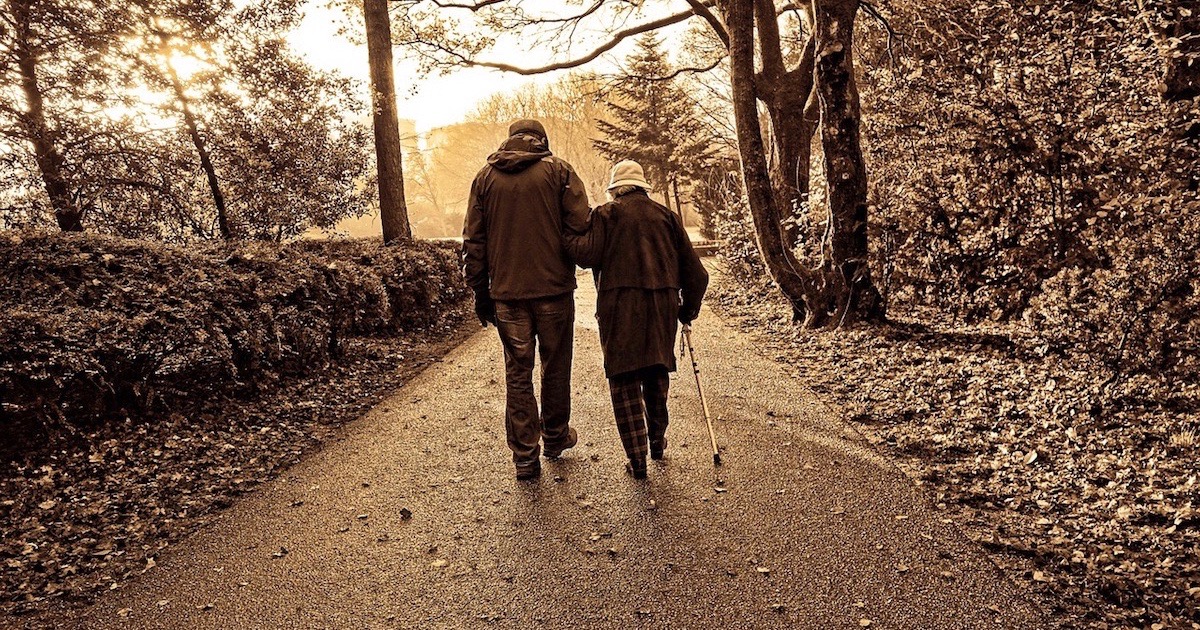 Culture & Ethics
Culture & Ethics
Push Is on for Elderly Assisted Suicide


The assisted suicide in Switzerland of the aged scientist David Goodall — and the media swoon over the event — has pushed the assisted-suicide advocacy envelope beyond the dying to the elderly.
A notable example is an article published by the Center for Science and Health, where an MD named Jamie Wells pushes the idea that elderly people should have access to assisted suicide even if they are not diagnosed with a terminal condition. From the article:
Traditionally, arguments to enact these laws are fashioned around the notion of liberating a patient from terminal usually insufferable disease. But, the recent intentional death by 104-year-old scientist David Goodall via euthanasia brings to the forefront whether to deem deterioration from advanced aging as another reasonable consideration.
This was always the plan: Get people softened up to the idea of assisted suicide with fear-mongering about excruciating terminal illnesses — generally a false premise and not the reason why the vast majority of assisted suicides are actually carried out — and then, once enough of society had accepted the idea, push the envelope to people who are not dying. It’s all been a big scam.
Of course Wells thinks we should go there!
In his final act, David Goodall challenges how we see aging and leaves a legacy that may not immediately change American laws but certainly starts an important conversation. The discussion, in general, has considerably advanced since the days of Jack Kevorkian. Society and the empathetic lens by which we see the world seems to be progressing, and that’s a good thing….
Whether we view aging as a terminal disease is up for debate; but, the question remains, if we choose how we live, some freely opting for daily imperilment while others are risk averse consumed with fear, then who is to say how we die?
They always say, “start a conversation,” and when they win, they insist the conversation must stop.
Think about this. We have a terrible elder-abuse crisis. Geriatric depression is a severe problem, which is often untreated or given short shrift. Then, there are the problems of loneliness and isolation. Legalizing assisted suicide for the elderly would be a disaster.
Think about this too: If they are beginning to push elder assisted suicide before doctor-prescribed death for the dying is generally legalized throughout the U.S., imagine what will happen if it ever is. It won’t take long before those eligible for termination include people with disabilities, chronic illnesses, and the mentally ill — as now occurs in the Netherlands, Belgium, Switzerland, and Canada — all places where euthanasia and assisted suicide have been popularly embraced.
That is why we must prevent this agenda from advancing beyond the six states and D.C. that have legalized assisted suicide for the terminally ill. Lives are at stake — people who may want to die today for a wide variety of reasons, but who in weeks or months — given proper interventions — will be very glad they are still alive.
By the way, the ACHS touts itself a “pro-science consumer advocacy organization.” Assisted suicide has nothing whatsoever to do with “science.” It is a question of ethics, morality, and determining public policy that best protects the general welfare.
Photo credit: MabelAmber, via Pixabay.
Cross-posted at The Corner.
